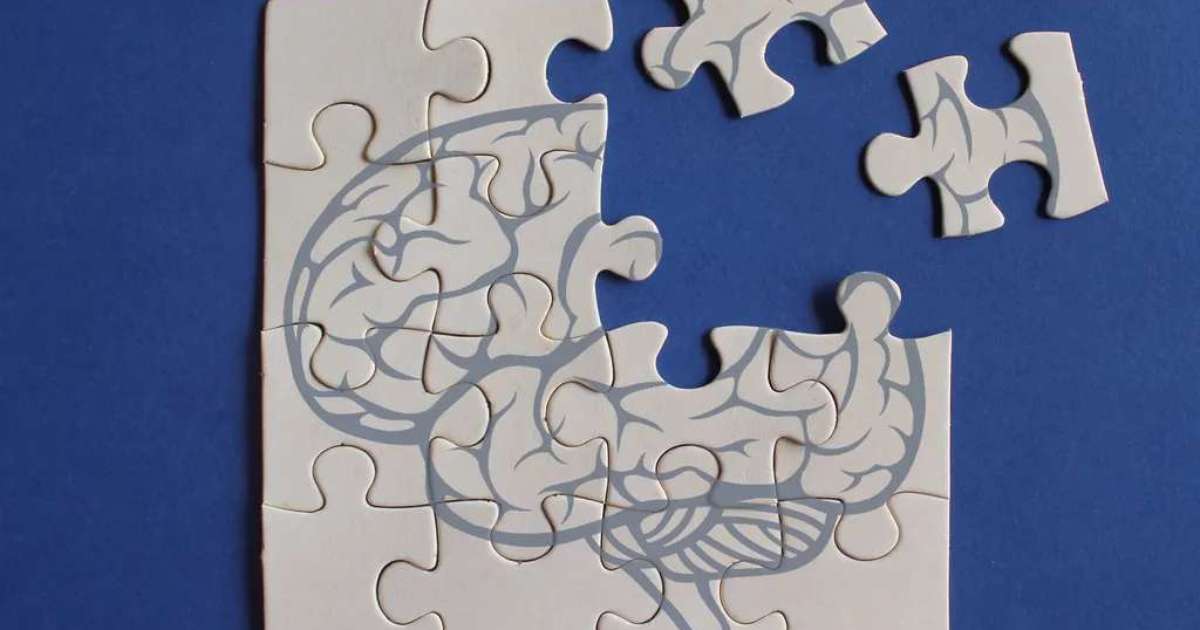In a new experiment, rodents regularly exposed to excessive levels of alcohol showed cognitive decline nearly two months earlier than normal.
Alcoholism can accelerate the development of Alzheimer’s disease when combined with a genetic susceptibility. This is what a study published last Monday (12) in the Scientific Journal eNeuro. In the experiment, rodents that were regularly exposed to excessive levels of alcohol showed cognitive decline two months earlier than normal.
The researchers exposed the mice to alcohol for several months, mimicking the levels of alcohol intake in individuals with alcohol addiction. These alcohol-exposed rodents showed progressive deterioration in spatial learning and memory, undergoing cognitive decline earlier than the others.
Next, the scientists examined more than 100,000 brain cells from mice exposed and unexposed to alcohol. The analysis identified widespread changes in gene expression in the prefrontal cortex of mice exposed to alcohol. These changes included increased expression of genes related to neurodegeneration and inflammation.
Through comparisons, the researchers found that the profiles of the alcohol-exposed mice resembled those of older mice with more severe cognitive decline, even for their age.
As the authors point out, the effects of alcohol are consistent with gene expression patterns of advanced disease. The findings could provide valuable insights into the regulatory genes that drive disease progression.
Alcohol and aging
although Alcohol consumption benefits the elderlyA study conducted in 2022 revealed that This habit accelerates agingby damaging the DNA at telomeres (the repetitive sequences of DNA that cover the ends of chromosomes, protecting them from damage).
On this occasion, the authors used genetic variants that had already been associated with alcohol consumption in previous studies, and assessed habit reported by the participants themselves. The analysis led to a significant association between higher alcohol consumption and shorter telomere length.
Alcohol and the brain
Just this week, a study was published in the journal Alcohol: clinical and experimental research He indicated that Alcoholism increases the likelihood of developing anxiety Over the years, the opposite also happens (that is, anxiety also increases alcohol addiction).
Scientists suspect that the neural regulation provided by alcoholism and those provided by depression or anxiety overlap.
You Learn about the effects of alcohol on the body? In the brain, alcohol activates a neurotransmitter called GABA (gamma-aminobutyric acid), which helps you relax. This may also be accompanied by a temporary feeling of warmth and a decrease in body temperature.
source: eNeuro via Neuroscience News
Trending on Canaltech:

“Wannabe internet buff. Future teen idol. Hardcore zombie guru. Gamer. Avid creator. Entrepreneur. Bacon ninja.”



